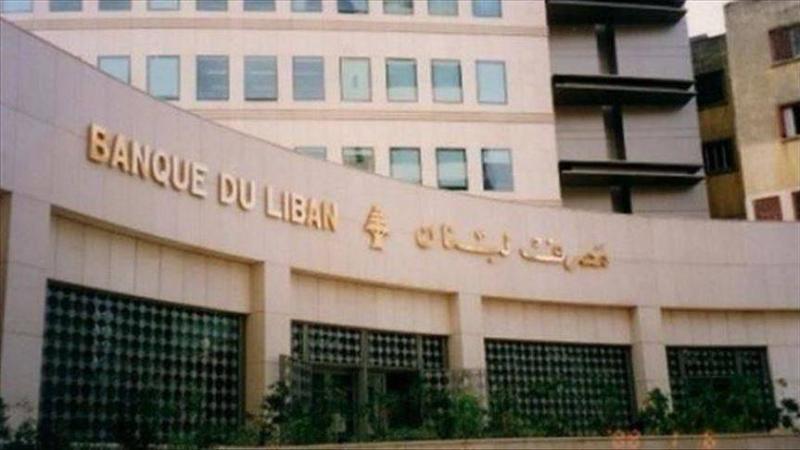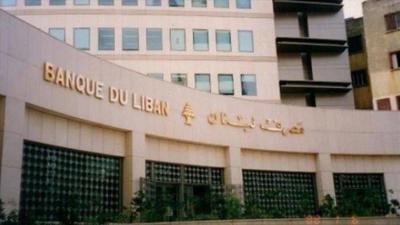The newspaper "Asharq Al-Awsat" reported that statements made by Lebanese Deputy Prime Minister Saadeh Al-Shami regarding the "bankruptcy of the state and the central bank" have sparked a storm in economic circles, reflecting fears of a shift in the official approach towards burdening banks and depositors with the majority of the financial gap that the country is facing, initially estimated at about $73 billion, which is expected to rise to $75 billion before signing a preliminary agreement with the International Monetary Fund delegation in mid-October.
A senior banking official noted, in a conversation with "Asharq Al-Awsat," that the Lebanese negotiating team with the fund, headed by Al-Shami, has thus far avoided disclosing its final proposals concerning the distribution of losses among the state, the central bank, banks, and depositors. However, the official announcement of the bankruptcy of two key parties in the equation hints at painful options being adopted against depositors, following prior leaks about the potential erosion of bank capital amounting to approximately $18 billion.
The official emphasized that the state's evasion of its debt obligations, which amount to around $104 billion, and its refusal to accept primary responsibility for the continuous monetary and financial collapses over the past two and a half years, jeopardizes any rescue plan that the government is currently working on and intends to present to the fund's delegation in Beirut, aimed at expediting the signing of a financing program agreement. The previous government caused an unorganized exit of the financial sector from international funding markets following its decision to suspend payments on international bond debts worth $1.2 billion, automatically triggering the entire $35 billion "Eurobond" portfolio, scheduled for distribution until 2037.
According to the official, it was reported that Prime Minister Najib Mikati requested clarifications regarding Al-Shami's statement that "the state is bankrupt, as well as the Central Bank, and unfortunately the loss has occurred," intending to demonstrate concern for the fair distribution of losses according to a framework of shared responsibilities. In responding to a question about the confusion caused by Al-Shami’s statement after meeting with the head of the Progressive Socialist Party, Walid Jumblatt, Mikati said, "As I understand from the Deputy Prime Minister, what was taken from his speech was taken out of context; he meant liquidity, not solvency."
For his part, the Governor of Lebanon's Central Bank, Riad Salameh, clarified in a statement that "what is being circulated about the bankruptcy of the central bank is incorrect. Despite the losses affecting the financial sector in Lebanon, which are being addressed in the recovery plan currently being prepared by the Lebanese government in cooperation with the International Monetary Fund, the Central Bank continues to perform its duties as mandated by Article 70 of the Money and Credit Law and will continue to do so."
According to reports, members of the economic bodies informed the fund delegation, headed by Ernesto Rigo Ramirez, during a meeting yesterday at the Beirut Chamber, of a "strong objection" to what is proposed in the plan regarding reversing this hierarchy, clearing the state of its obligations, and imposing the entire financial gap bill on depositors and banks, thereby converting state debt into heavy losses borne by the Lebanese community and economy. The economic bodies emphasized the importance of launching a recovery plan based on realistic, scientific data and a comprehensive, equitable, and sustainable economic vision, asserting that "responsibility for the financial collapse, as acknowledged by all, lies with the state, the central bank, and the banks in succession. Thus, the approach being worked on is entirely unjust and unfair because the amounts have been squandered and continue to this day on stabilizing the exchange rate, interest rate differentials, government purchases, and current expenditures, and supporting consumer goods."
They reiterated the urgent need for the state, as a legal entity, to acknowledge its fundamental responsibility for creating the large financial gap and to reaffirm its commitment to providing the largest financial contribution for remedying it, through the establishment of a sovereign fund aimed at investing for this purpose. This is seen as the only way to restore confidence in Lebanon and to avoid delivering a fatal blow to depositors, the banking system, and the national economy alike.
In a related context, Mikati informed the fourth meeting of the Joint Committee within the "Reform, Recovery, and Reconstruction Framework" (3RF), which includes offices from the United Nations, the European Union, and the World Bank, that "the government is working through relevant agencies in the public sector to unify a comprehensive vision for development, recovery, and reform among stakeholders, and we are nearing the completion of this unified vision to apply the necessary reforms."
Al-Shami pointed out in his remarks that "negotiations are ongoing between the Lebanese government and the International Monetary Fund, and the most important topics we discussed today include restructuring the banking sector, completing the economic recovery plan, approving the budget in the Parliament, and passing the capital control project, hoping to soon sign a preliminary agreement, followed by the implementation of prior actions before the final signing."
While UN Resident Coordinator Najat Rashid declared that "these discussions will assist in achieving better cooperation, the priority is to achieve recovery in Lebanon, address the needs of the Lebanese people, and implement sectoral reforms," the World Bank's Director for the Middle East, Saroj Kumar, remarked that he felt "optimistic about the government's national reform program, but if this program does not come together well, it will lead to a greater contraction in the economy and exacerbate economic and social conditions." He stressed the necessity of achieving stability at the macroeconomic level, indicating that Lebanon has experienced many crises, but this crisis is the worst, with economic contraction reaching about 60 percent by the end of last year.




